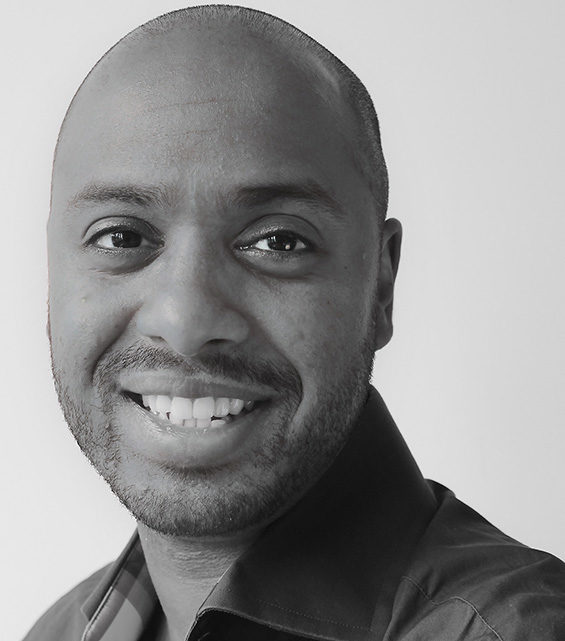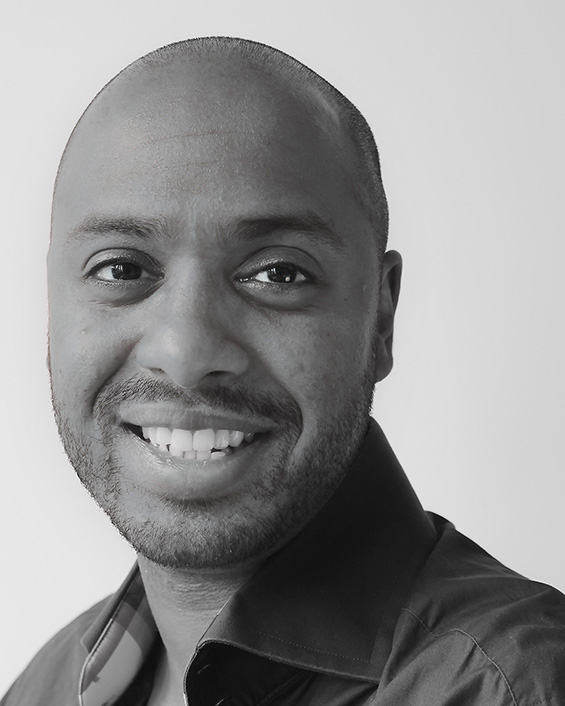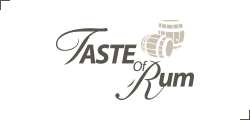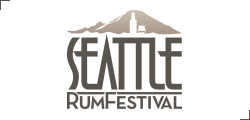Rum Connoisseur Interview Of The Week BENJAMIN BOOTHE Levy Lane Rum – Founder

Rum Connoisseur
Interview Of The Week

BENJAMIN BOOTHE
Levy Lane Rum – Founder
1. Who is Benjamin Boothe?
I am Benjamin Boothe, born in the UK to a Guyanese mother and Jamaican father, and now living in the Netherlands where I have been for the past 10 years. I am owner of the Levy Lane Rum Company and the Tamosi brand/series, and co-founder of the Rum and Spirits Academy of Europe (which is just starting out as a Europe wide educational platform with a focus on rum). And next to all of this I still have a day job…I have to pay the bills somehow!
2. What does the rum mean for you? What made you fall in love with rum and when did it happen?
Rum to me means family. On the Guyanese side of my family my great grandfather was the master distiller at Blairmont, and his father the master distiller at Albion. My mother used to rub rum on my gums when I was teething. My grandma would make an absolutely rum soaked fruit cake every Christmas. And the first taste of rum I can remember was sneaking some Jamaican overproof rum whilst visiting my grandparents in Mandeville, Jamaica at the age of 10 or so. Rum has always played a role in our family interactions, history and culture.
3. What is the most important contribution you have made in the rum industry?
So far, next to building the Tamosi brand and efforts to build the rum market in the Netherlands (alongside many others!) I was also recently involved in helping to bring together some Importers, Distributers, and Retailers with smaller and medium sized Caribbean Rum Producers. Feedback so far, from both sides, has been that there were some very productive conversations, and hopefully it can lead to more great Caribbean products hitting the European markets soon.
4. Benefits that the rum industry has given you.
I have met so many great people in the rum industry, some of whom have become good friends. I think that is one of the things that the rum world is really good at, coming together in person and enjoying each other’s company, chatting nonsense and having fun (whilst drinking a few too many rums).
5. What is your favorite place for drinking rum?
My normal answer to this question would be surrounded by good friends and good rum, but a year ago I found myself alone on Marie Galante sipping rum on a near desolate white sand public beach with some chicken colombo and a choice between Bielle, Pere Labat and Bellevue…that was not half bad either.
6. Favorite drink + Recipe
I tend to drink a lot of rum straight, but when I do mix, 75% of the time I just want a daiquiri, most of the time with a funky twist. My favourite being with Port Mourant (from the Milan Rum fest), Vaval (aged in ex-Caroni casks) and a syrup infused with orange peel, lemon rind, ginger, allspice and Sichuan Pepper. Don’t ask me how I got to this combination of ingredients but it works!
7. Why is it important to educate the rum consumer?
Education is vital not only for the rum industry to grow but also to sustain that growth. Millions of marketing dollars have been spent on mis-educating consumers in both obvious and subtle ways, creating an environment where rum is seen as a cheap and cheerful drink and where quality is seen as synonymous with ‘smoothness’ by any means necessary. In recent years we have seen a great amount of effort being poured into education on rum production, which has been met with by a thirst for more knowledge and a greater demand for quality, which in turn has been rewarded by a host of great offerings from producers and bottlers around the world. This however has taken place within a relatively narrow part of the market, part of the mission with Rum and Spirits Academy of Europe will be to expand this education to a wider audience such that consumers know what they are drinking and develop a genuine appreciation of the product over and above the marketing spiel.
8. Any tips to train the palate and taste a good premium rum?
Well, what I do with rum friends and also my girlfriend is to do mini blind tastings, one person picks 2-3 rums and the other person has to guess what they are, starting from source material, production method, country, producer then bottle. Then you swap roles! It’s fun but more difficult than you might expect. My other advice would be to taste everything, even if you think you will not like it, go in with an open mind if you can, sometimes you will be surprised. Lastly, find some rum friends and share, rum is made to be shared and it’s an easy way to expand your mind palace of rums!
9. How can the rum contribute to improve the crisis in some countries?
Crisis can be interpreted in a few different ways, but it is good to recognise that for some countries revenues related to rum contribute a meaningful proportion of GDP. One of the consequences of the recent Covid-19 pandemic is the almost devastation of the tourism sector in areas like the Caribbean that usually heavily rely on this. As such, despite being a European based brand owner, I would advocate for buying Caribbean right now, especially producers where profits are kept on island/in country.
10. Who would like to meet in the rum industry? What would you say to him/her?
Too many people to mention, but I’m slowly making my round to as many distilleries as I can to have geeky chats with people on production methods and poke around their warehouses a little.
11. What are your next goals in the rum industry?
I think I could broadly split that into two categories: a) Looking at ways to put more of the value added in the hands of producers, b) Education as a vehicle to grow the market. For the first there are some ideas I am working on the background, but It is not something I am at liberty to discuss right now. The second will come with the roll out of the Rum and Spirits Academy of Europe and the many plans that we have there.
12. Why is the role of the bartender important in the rum industry?
Bartenders are playing a pivot role at the moment in introducing consumers to high quality rums and as educators themselves. This is particularly important in under developed markets like the Netherlands and it is fantastic to see so many bartenders here eager to learn more about rum and pass that knowledge on, and bars stocking better and better selections of rums for customers to try. Their contribution thus far has been immense and often underestimated.
13. What is your advice for new generations in the rum industry?
Having spoken to a few prospective new entrants recently my key advice is: Patience. Good rum takes time, it’s part of its DNA.
14. How can people learn more about you? Website? Social media page?
People can follow the progress of Tamosi on instagram @tamosirum, or on facebook . A website for the Rum and Spirits Academy of Europe will be launched soon, with events to follow. And any other questions people have they can just drop me a PM directly on facebook, I try not to be online too often but I always check messages.












